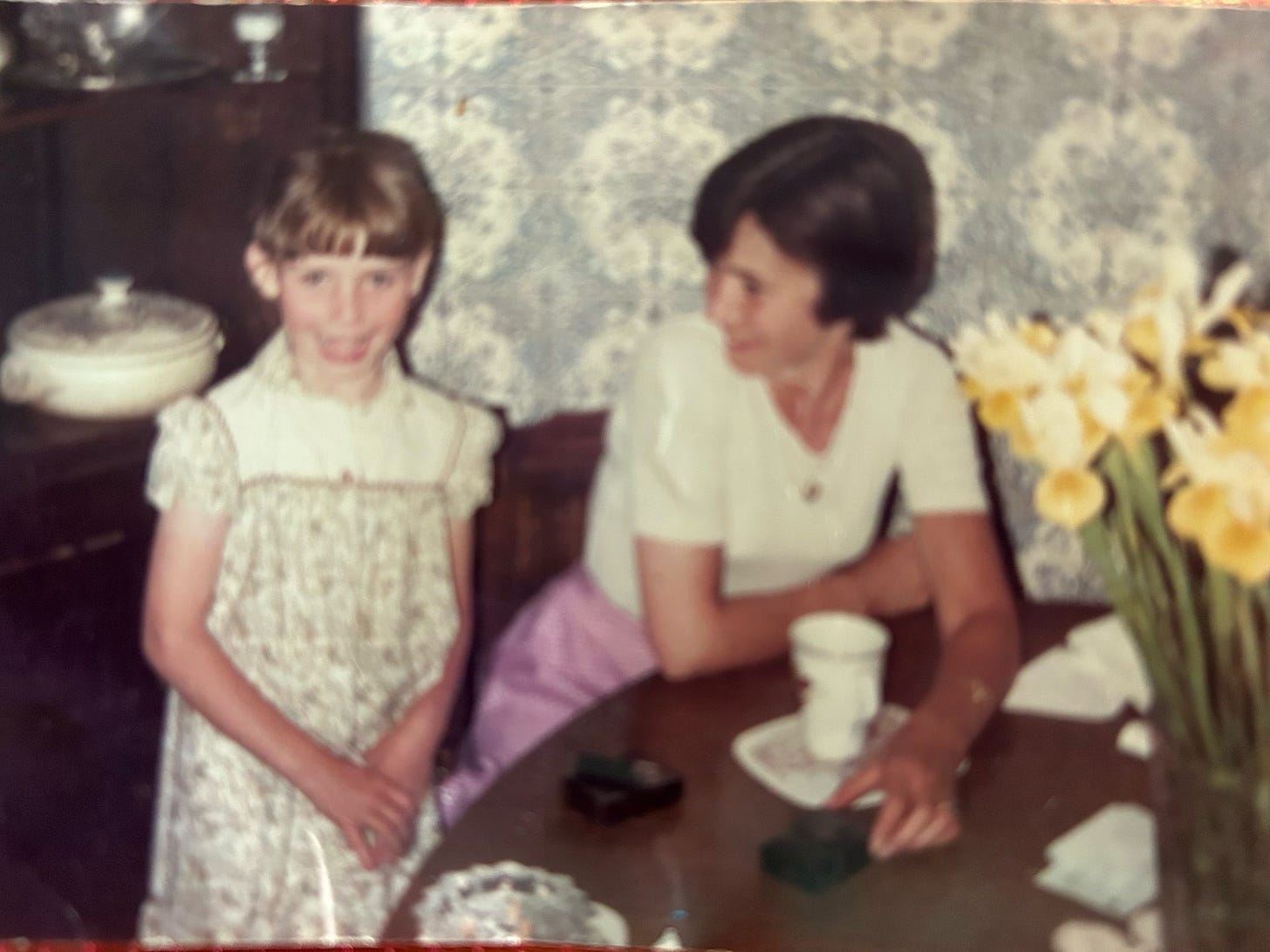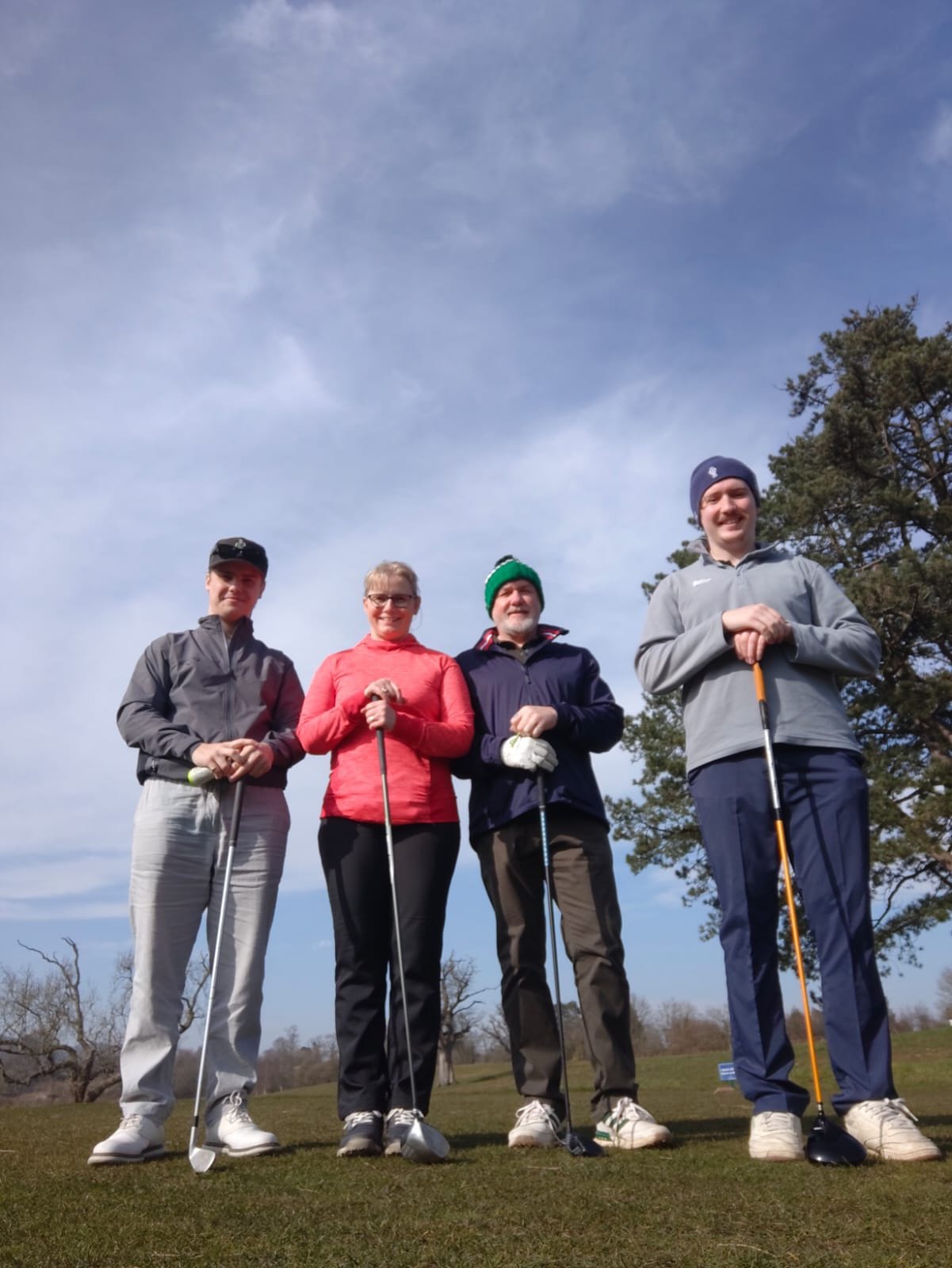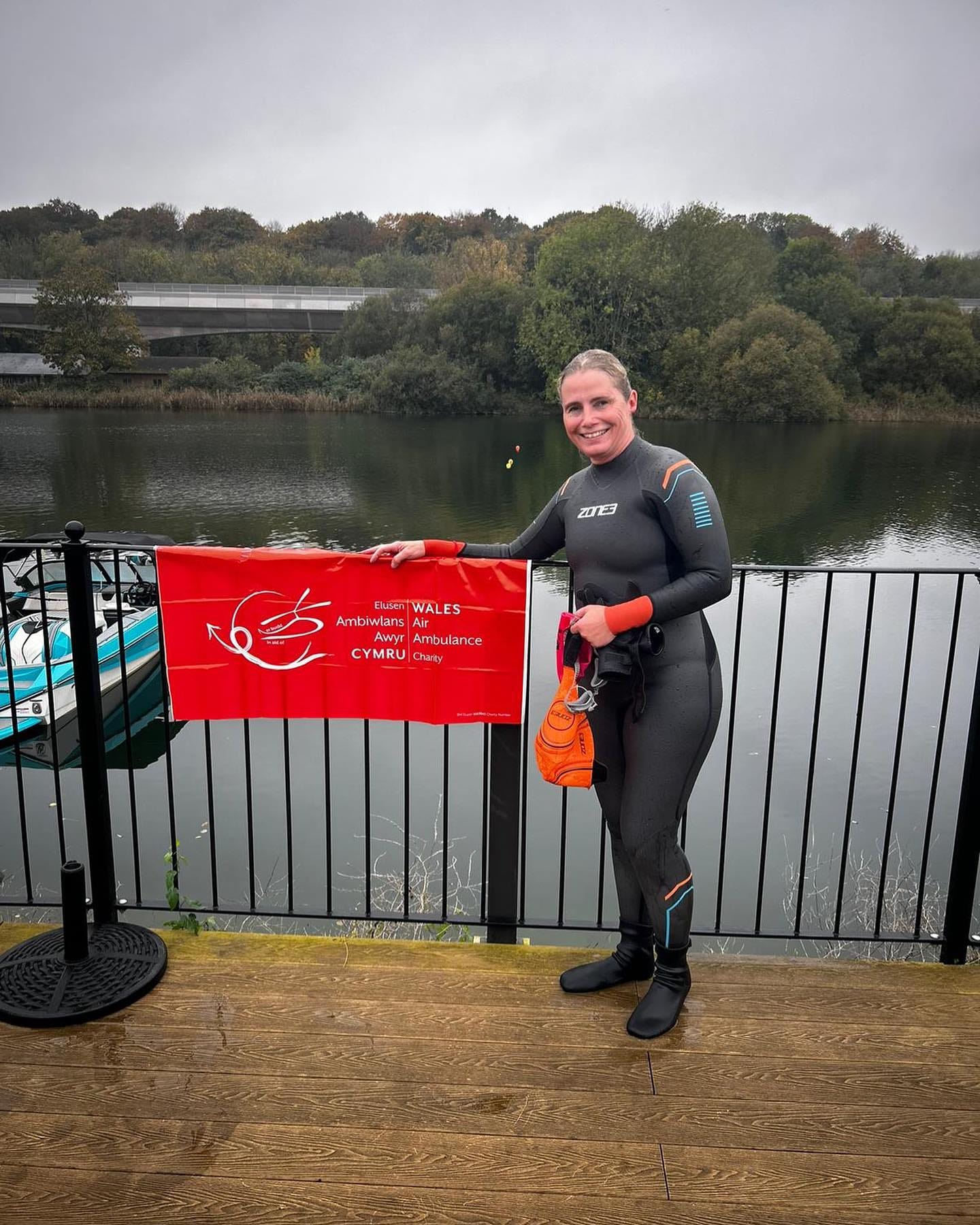Breakdown at 49 led to my reinvention
Justina Gilbert, 53, managed a high profile job and family life until the childhood trauma of her dad taking his own life and being an only child left with a troubled mother finally caught up with her
My story starts in childhood. I was an only child, me, my mum and dad – and animals, we always had at least two animals in the house.
My dad took me swimming. I was pretty good and even though dad put me under a lot of pressure to perform well, I liked that time with him.
I had grown up, used to dad’s ups and downs, to slamming doors, and raised voices. I was often palmed off to stay with neighbours. But it wasn’t until after my dad died that all of this made more sense.
When I was 12 my parents separated and like most children I just dealt with it. Mum and I stayed in Northolt, and dad moved to Colchester, where his parents lived. I was sent off to stay with him at weekends, and we’d meet at Liverpool Street. I remembered one of the train journeys when dad just stared at me – it was weird, but I was 12 and didn’t fully understand.
I grew up knowing that I should keep quiet when my dad wasn’t ‘right’. I took the lead from my mum. To this day I hate conflict and will tend to remain quiet if I sense tension.
We didn’t go out much. We’d occasionally visit family, play cards and have happy, fun times, but there were no friends and we didn’t go for days out, for picnics, or to the cinema. It’s the reverse of how I live now, making sure I’m out with friends and family as much as possible.
Getting the news
On November 19th 1985, I was in my bedroom doing my homework and I heard my mum from her room, on the phone, saying, ‘How do I tell her?’ We met on the landing. She told me my dad was dead. Details are still blurry, but I do remember thinking, ‘Shit, what now?’ Life was never the same again.
Mum and dad had spoken the night before he died, and he had asked her to come to Colchester, but she had just had an operation (she was sterilised) and she couldn’t drive. Because of this his family went on to blame her for his death.
Within 24 hours I knew exactly how he had died. I also knew my mum was feeling incredibly guilty and hurt and I wanted to protect her.
The funeral was so strange. I walked into the chapel and my gut feeling was to run out. I was so overwhelmed and upset. My dad’s family took his ashes and we never found out where they put them, other than they were near a rose bush – they just didn’t tell us. I was so angry that they’d hurt my mum.
I went into full protection mode. As I said I’d learned that when someone is in pain, I should keep quiet. Mum got worse. We were offered therapy, but she refused as she felt that if she had counselling, she would be exposed and blamed for my father’s death. She started to drink more to block out the pain.
We also became more isolated. I remember a friend of mum’s Marina. We used to go to her house for taramasalata and pitta bread, I enjoyed it. But gradually those visits, and contact with other people stopped. Mum felt out of place and would say, “oh it’s all couples,” if we thought about going anywhere. I felt I had to stay with her.
She carried on working, doing nights to get more money in. As a teenager, I was often home alone for an entire night. As I got older and mum’s drinking got worse, she became more aggressive. She’d send me out to the shops to buy her cigarettes and alcohol and then we’d sit in and watch TV. My teenage hormones were raging and I wanted to go out, but she made me feel so guilty, so it was almost impossible for me. And if I did go out, she’d react badly, sometimes kicking me out of the house. On one of these nights, I slept in a car, as she wouldn’t let me back in.
I was made to feel more guilty when she’d brought my dad into it, saying things like, “You’re dad wouldn’t want you to do that” if I went out, and when I was doing my A-levels, she said, “Do maths, it’s what your dad would have wanted.”
Blocking it all out
As time went by, mum did tell me more about what dad had been dealing with before he died. The times I’d been sent to stay with neighbours were times when he’d tried to take his own life, sometimes with me in the house. She explained that she would often be up all night talking to him. He hadn’t been listened to as a child. Mental health wasn’t discussed in those days.
I dealt with my pain by throwing myself into my studies. Unfortunately, this caused other problems; I was bullied, and a girl wrote ‘SWAT’ in Tipex on my ruler. But I was good at school work – I needed to feel that I was good at something, so it motivated me to keep going. But in my desire to feel good enough, I also became a perfectionist and wanted to do the very best at everything, putting pressure on myself.
Leaving home
At 18, I left home and went to Portsmouth University. This was very difficult for my mum and she continued to make me feel guilty from afar. At one point she said she was going to sell the house and move closer to me. When I came home to visit we had big arguments as I wanted to get out and see friends, but she wanted me at home.
She also didn’t eat a lot and told me that she couldn’t afford food because she was paying for me to go to uni.
I threw myself into my work and when my student friends were out, I often stayed in. Maybe that was something to do with being an only child. I do love company and big families and games and stuff, but I also need my space.
In the first year of uni, in 1991, I went on holiday to Fakalaki, with my best friend from school, and it was there that I met John, my husband. He lived in Birmingham and we started seeing each other when I got home, he’d come to London and I’d go to him. This caused more problems with mum.
Feeling guilty and overworking to prove myself
But I carried on seeing John, and we married and had two sons. John’s relationship with my mum disintegrated. After my first year at university I had started working at a leading IT company. The patterns continued. Mum was good with the kids but she did get jealous. And her way was different to mine. She was from the time where children should be seen and not heard, and she was very house proud (she even ironed her bras) so it was hard to relax with two young boys around. I navigated her demands and drinking and we carried on. I worked very hard and had a great job which I was (and still am) fully committed to.
She never let up from making me feel guilty and I never stopped wanting to protect her. If I went on holiday I had to call her to check in. As her mental health declined it got harder. She’d blow up and say ‘I did everything for you! And now I’m on my own’. It was psychological trauma. It was a constant feeling that it was my fault, I had to look after her – I was always on the back foot.
Mum’s health declined, she developed COPD and wasn’t well for a long period. I would bring the boys round to see her, and work from her house. At one point she threatened to take her own life, she said, “I’ve got the tablets and I’m going to do it." She said, “I’ve got nothing to look forward to… I’ve got no happiness in my life,” and I thought, “what about me and what about the boys?” I didn’t know what to say to her.
My way of coping was to throw myself into work. When I look back now, I think I spent too much time at work and not enough time with the kids. I was trying to prove something to someone who wasn’t around. I was trying to keep everything going and keep everyone happy.
Final goodbye
Mum died in 2013, she was in a hospice and we were skiing when it happened. I had discussed going away with the nurses, and my aunt (mum’s sister - who she had a fractious relationship with) who agreed it was fine to go, but of course I felt guilty that I wasn’t there.
I then came back and dealt with the funeral and sorting everything out but then threw myself into work. And of course, I missed her, and our phone calls and was grieving but had no time to process her death. I was on the PTA, I was busy with the boys, work was constantly full on. I wasn’t really making choices, I just followed what had to be done. And I was always doing everything I could to keep everyone happy.
I wasn’t sleeping, spinning plates, trying so hard… By 2021, I wasn’t able to think anything positive, and work stress continued to build. We’d been through the stress of COVID and it was just overload. I was 49, and in perimenopause, too. My eldest son, Adam, had gone off to uni. I found it harder to get out of bed and began dreading work. I started to get chest pain, urine infections and I couldn't eat properly - I wasn’t looking after myself.
Breaking down
It all came crashing down on a camping trip with old friends from university. We were catching up, checking in how everyone was. I burst out crying. I said I didn’t want to live anymore, I didn’t want to be around. My friends responded instantly, and said, right, you need to do something. And so I did.
On Monday, I did an E-consult and repeated what I’d said to my friends. I was seen instantly, I was given talking therapy and CBT, but there was unfinished business. In 2019 I had trained as a mental health first aider, so I contacted my friend who I’d trained with. He calls himself the ‘burnout bloke’. I paid for sessions and he hypnotised me twice and got to the root of everything, the day-to-day issues at work and my childhood trauma.
I took four months off work, I changed roles and came back feeling stronger and ready to do something with my experience. I shared my story on Linkedin and it was well received.
Reinvention and a new energy!
I began to ask myself, what gives me energy? What am I here for? What is my purpose?
If charities like Mind had been around, if my mum and dad had people to speak to and support them, things may have been different. I’m now an instructor training others to be first aiders – and I’m running workshops on resilience.
I’ve learned to prioritise my mental health and self-care. It’s like being on the plane when air pressure drops, you need to put your own mask on first. I also know how important it is to be aligned to my values, that’s trust, honesty, authenticity. And I now make sure my family, friends – and animals - come first.




